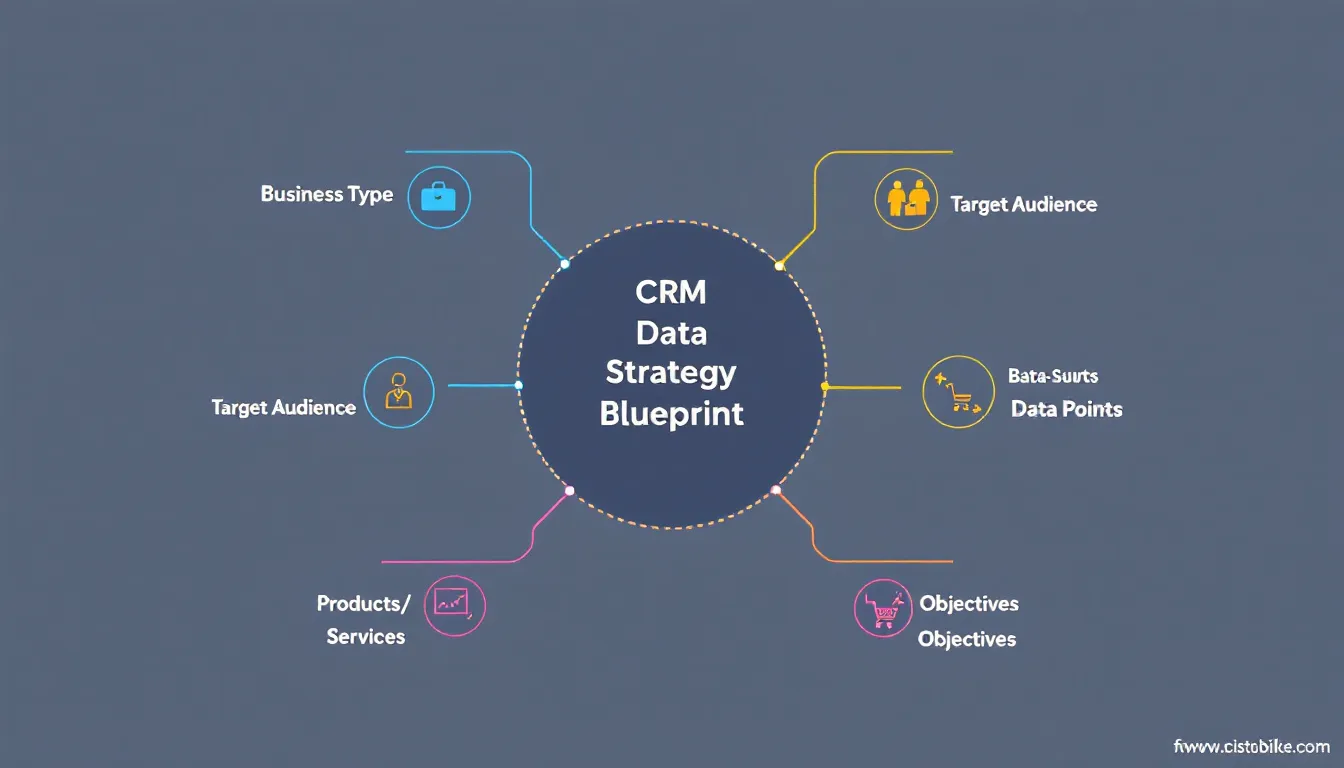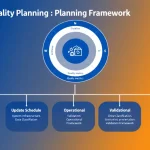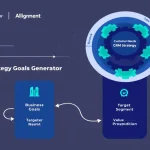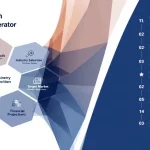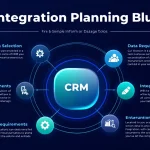Is this tool helpful?
How to Use the CRM Data Strategy Generator Effectively
1. Type of Business or Industry
Enter the exact business sector or market you operate in. This helps tailor the CRM strategy to your industry’s unique needs. Examples include:
- Organic Food Retailer
- Non-profit Environmental Organization
2. Target Audience or Customer Segments
Describe your primary customer groups with clear traits. This enables precise data collection and engagement. Sample inputs:
- Frequent travelers who prefer eco-friendly accommodations
- Freelance graphic designers in urban areas
3. Key Products or Services Offered
List your main products or services so the strategy aligns with what you provide. Examples might be:
- Handcrafted jewelry, personalized gift wrapping
- Virtual tax preparation, financial planning consultations
4. Data Points You Need to Track
Specify critical customer or business metrics to monitor. The strategy will focus on capturing and analyzing these data points. Examples include:
- Customer referral rates, seasonal sales trends
- Website engagement time, social media interaction rates
5. Improvement Goals (Optional)
Outline your goals for improving business performance or customer experience. This section helps prioritize data collection efforts. Sample goals:
- Boost repeat purchase rate by 15% within six months
- Enhance customer support response time by 30%
What Is the CRM Data Strategy Generator and Why Use It?
The CRM Data Strategy Generator helps you design a comprehensive plan for collecting and analyzing customer data tailored to your business. It bridges your business objectives with practical data tracking methods to optimize customer insights and improve decision-making.
Purpose: To provide a clear, actionable CRM data plan focused on your industry, audience, and goals.
Benefits you gain by using this tool:
- Aligns data collection with your specific business needs
- Helps identify the most relevant data points for your CRM
- Enables efficient tracking of customer behaviors and trends
- Supports data-driven improvements and strategic planning
Practical Uses of the CRM Data Strategy Generator
This tool is ideal for businesses aiming to organize customer data collection effectively and gain actionable insights. Use cases include:
Example 1: Specialty Coffee Shop
- Tracks customer beverage preferences and purchase frequency
- Monitors loyalty program sign-ups and redemption patterns
- Measures seasonal product popularity and feedback scores
Example 2: SaaS Startup
- Analyzes user engagement with software features
- Tracks trial-to-subscription conversion rates
- Collects support ticket categories and resolution times
How to Maximize Results with Your CRM Data Strategy
1. Develop a Structured Data Collection Framework
Organize the types of data you need to collect into categories such as:
- Demographic details (age, location, occupation)
- Behavioral patterns (purchase history, website activity)
- Transactional data (order values, payment methods)
- Customer communication preferences
- Support and service interactions
2. Map the Customer Journey to Target Data Points
Track data across key stages of your customer lifecycle including:
- Awareness and acquisition channels
- Onboarding and initial engagement
- Ongoing interaction and satisfaction measures
- Retention and loyalty indicators
Industry-Specific CRM Data Strategy Examples
E-commerce Sector
- Monitor cart abandonment and recovery rates
- Analyze product view-to-purchase ratios
- Track return reasons and customer reviews
- Evaluate promotional campaign effectiveness
Healthcare Services
- Collect patient appointment and follow-up statistics
- Monitor treatment adherence and outcomes
- Measure patient satisfaction and feedback
- Track referral sources and community outreach impact
Frequently Asked Questions About the CRM Data Strategy Generator
1. Which businesses can benefit most from this tool?
Any business that manages customer relationships can use this tool, from startups to large corporations. It adapts easily to different industries and scales.
2. How often should I revisit and update my CRM data strategy?
You should review and update your CRM data strategy every quarter to stay aligned with evolving business goals and customer needs.
3. What essential data points are common across all businesses?
Universal data points include customer contact info, purchase history, communication preferences, and support interaction records.
4. How can I measure if my CRM data strategy is successful?
Track improvements in metrics such as customer satisfaction scores, customer lifetime value, and campaign conversion rates to evaluate success.
5. Can I customize data points for my specific industry within the generator?
Yes. The tool is flexible and designed for industry-specific customization to reflect your unique data requirements.
6. How does this tool support improving customer retention?
By focusing on relevant data points, you can identify and engage customers at risk of churn and tailor retention strategies based on behavior and preferences.
7. What is the connection between CRM data and customer experience?
CRM data provides insight into customer behaviors and preferences, allowing you to create personalized and meaningful interactions that enhance the overall experience.
8. What advice do you have for small businesses starting with CRM data strategies?
Begin with collecting core data points and expand your strategy gradually. Use customer feedback to guide which additional data to track as your business grows.
Important Disclaimer
The calculations, results, and content provided by our tools are not guaranteed to be accurate, complete, or reliable. Users are responsible for verifying and interpreting the results. Our content and tools may contain errors, biases, or inconsistencies. Do not enter personal data, sensitive information, or personally identifiable information in our web forms or tools. Such data entry violates our terms of service and may result in unauthorized disclosure to third parties. We reserve the right to save inputs and outputs from our tools for the purposes of error debugging, bias identification, and performance improvement. External companies providing AI models used in our tools may also save and process data in accordance with their own policies. By using our tools, you consent to this data collection and processing. We reserve the right to limit the usage of our tools based on current usability factors.
